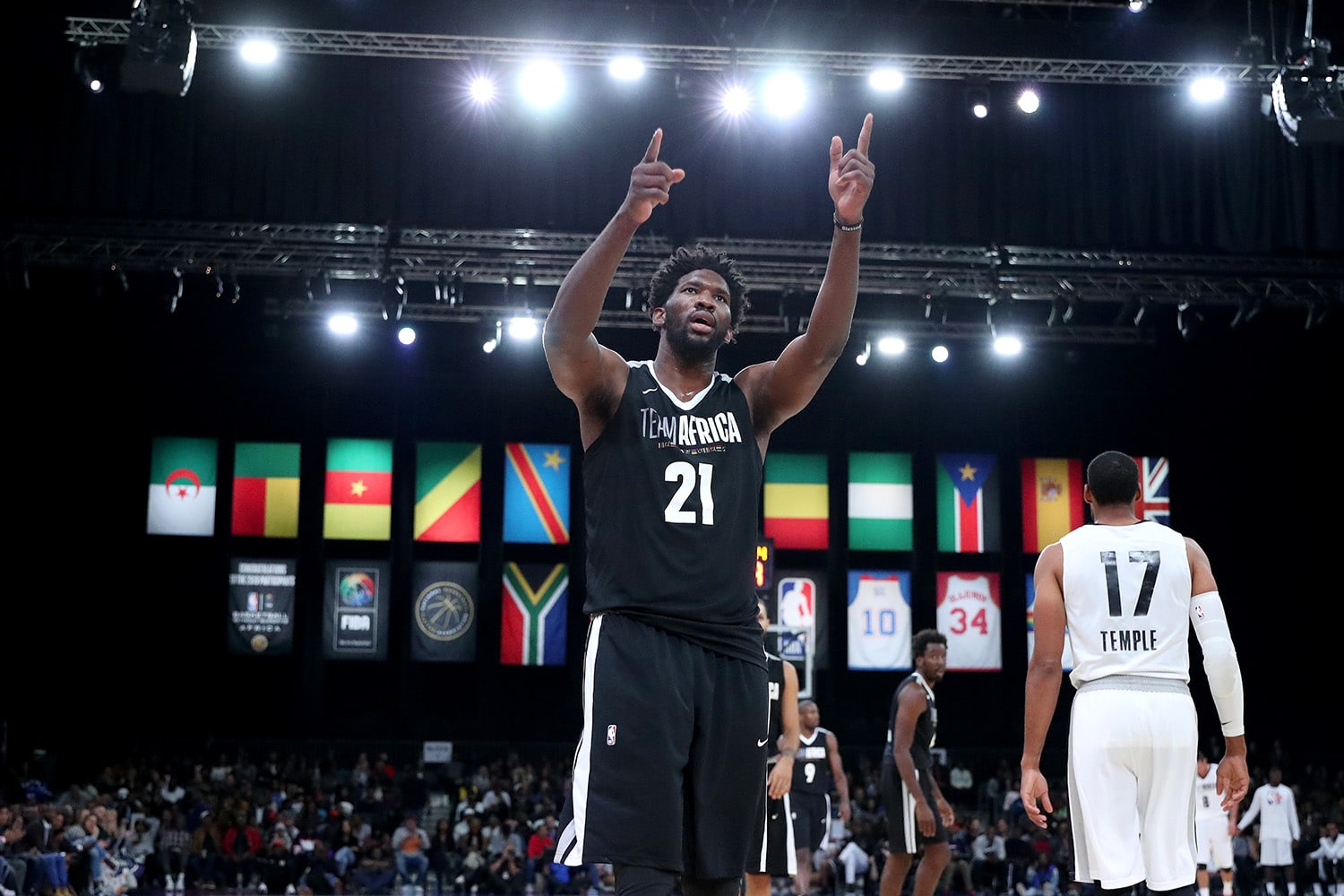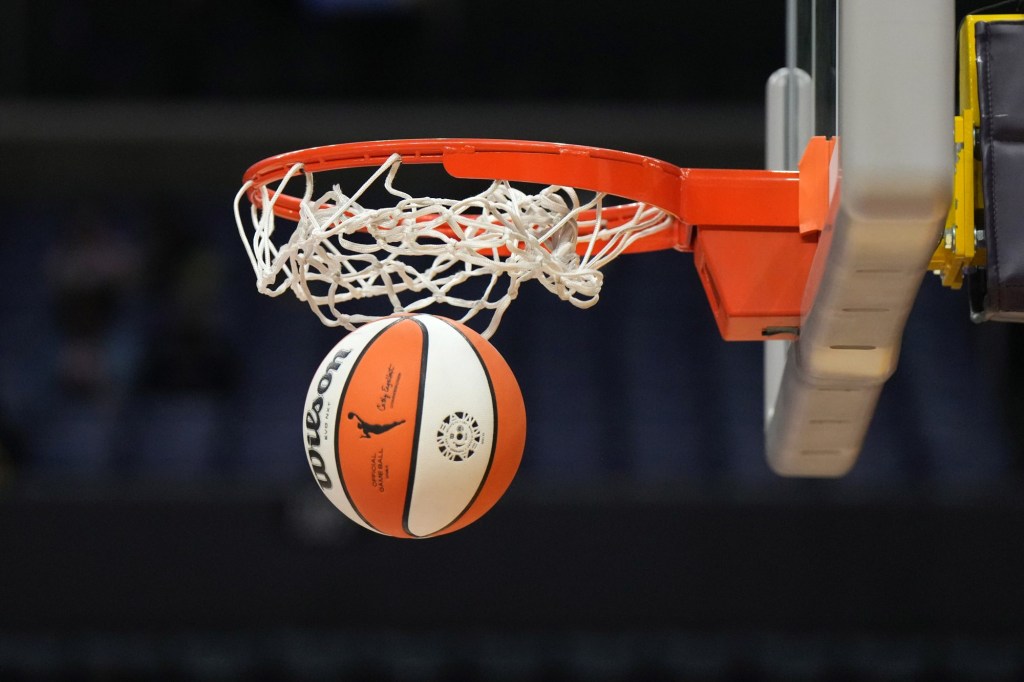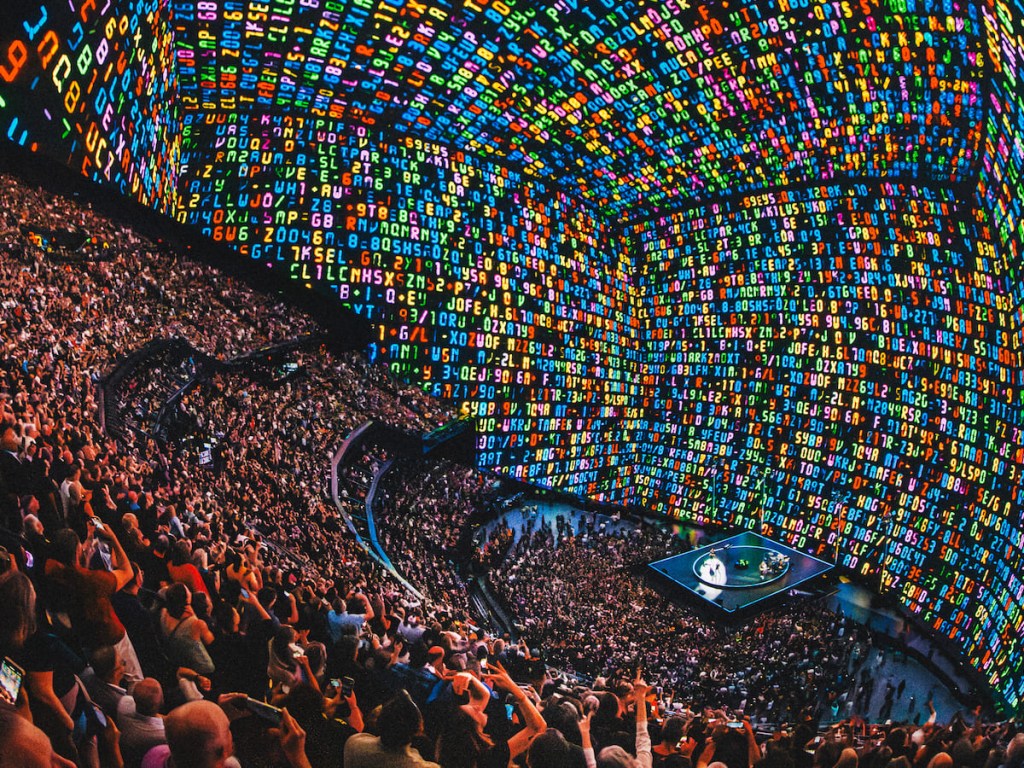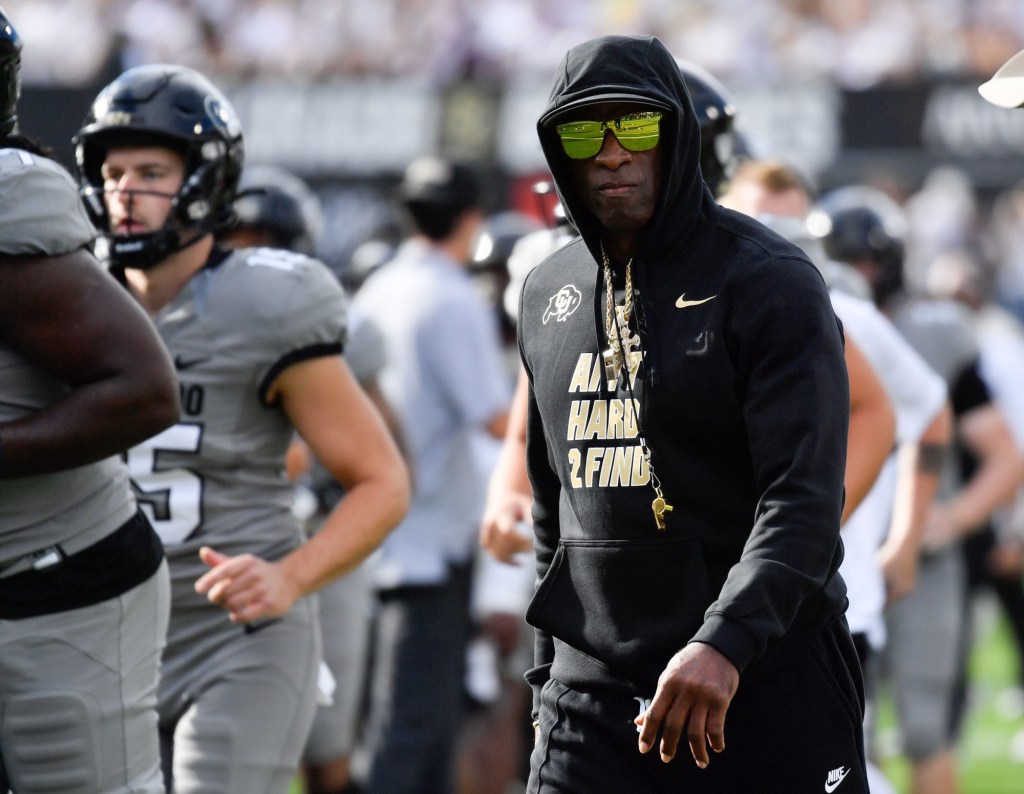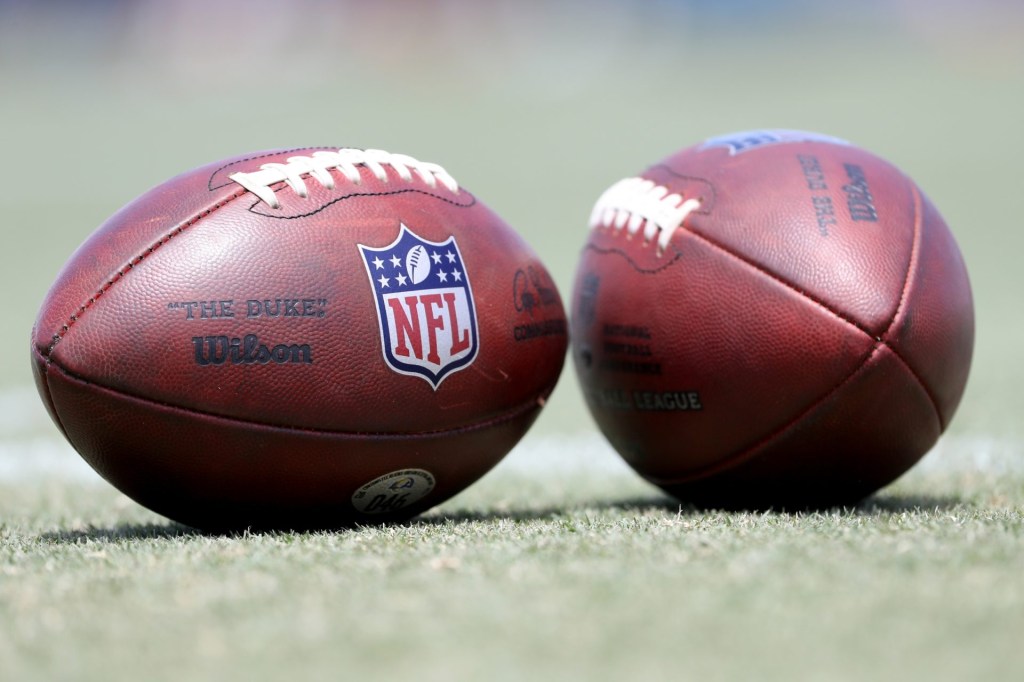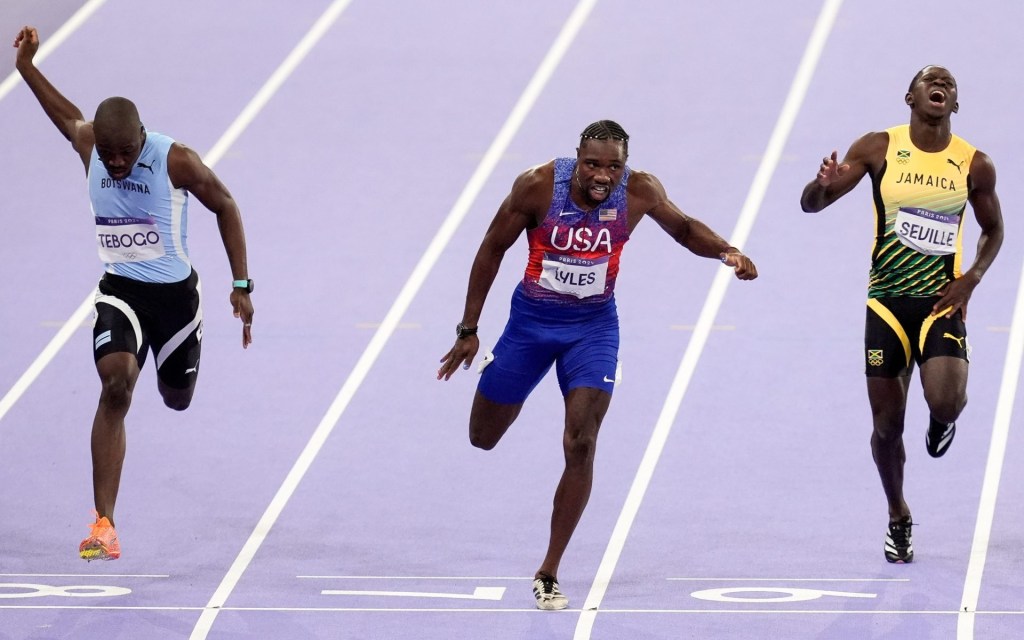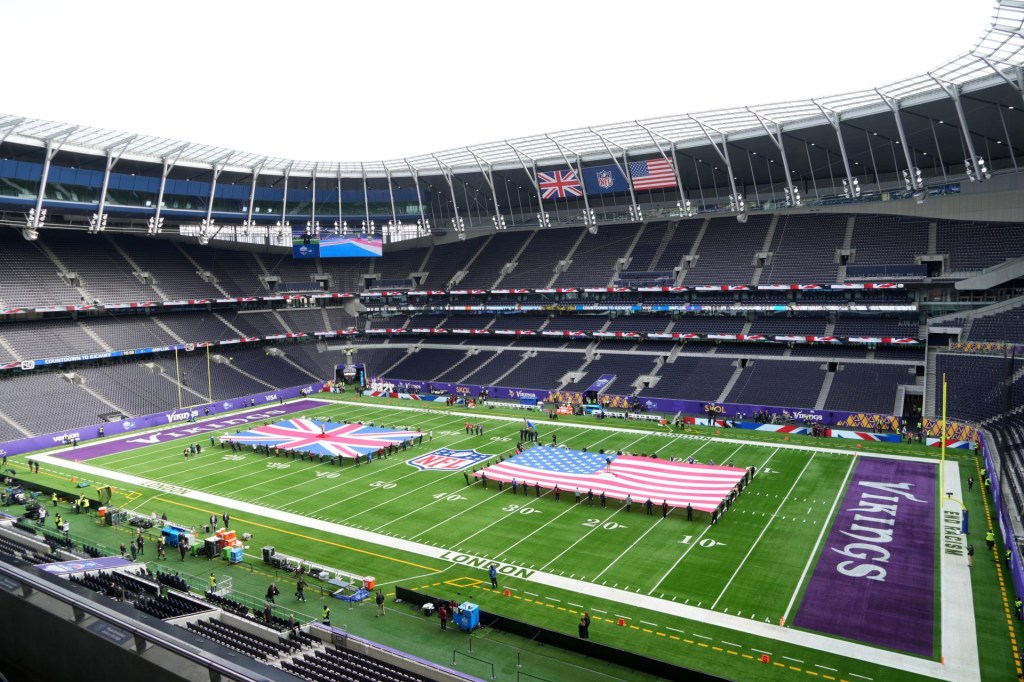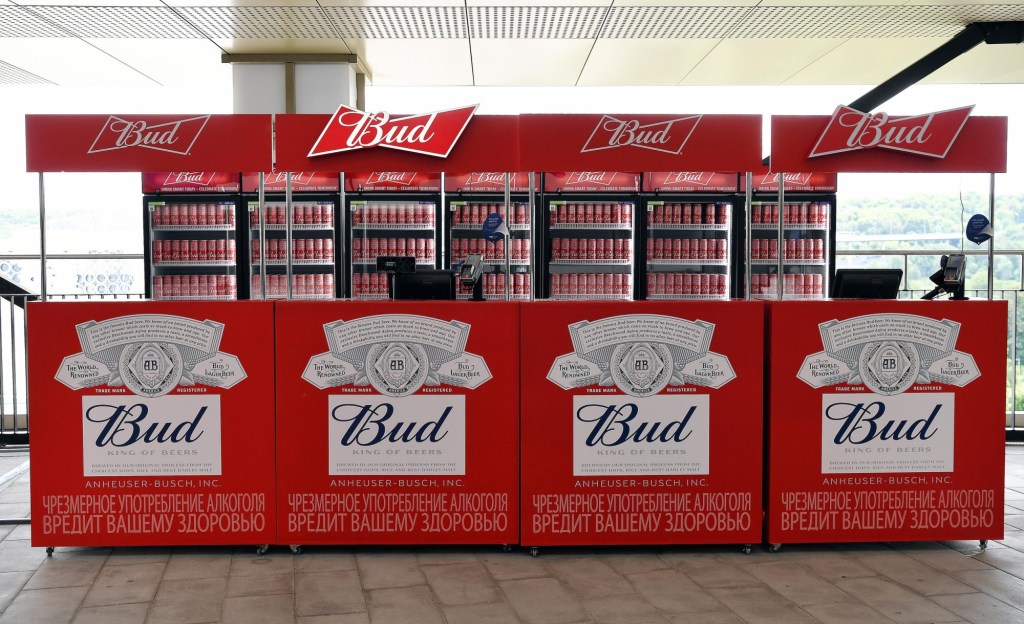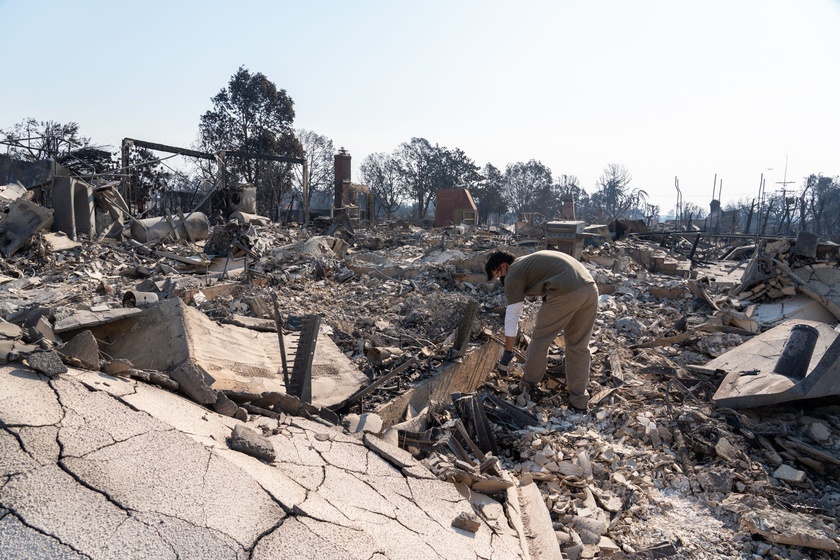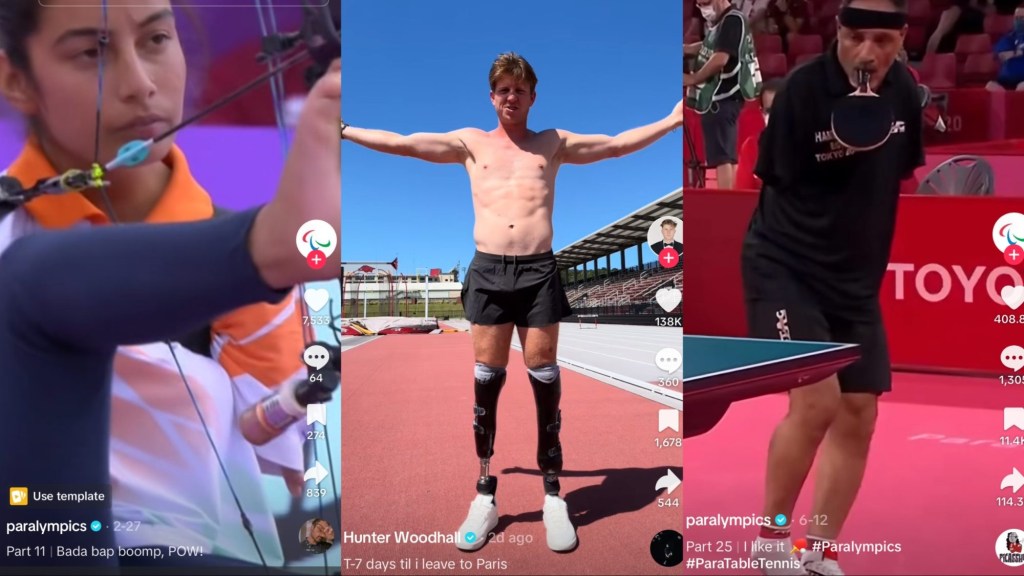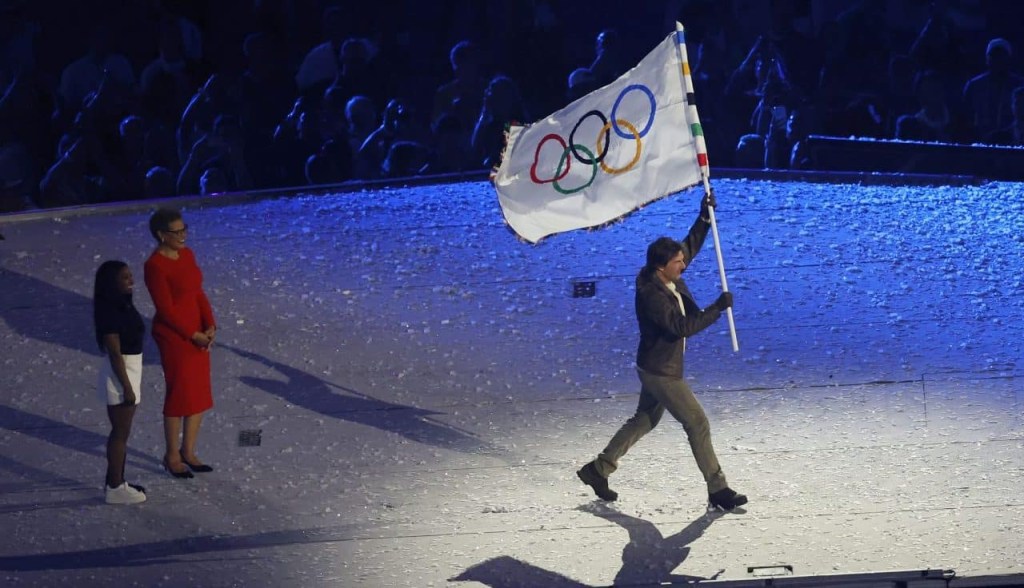After launching NBA Africa in 2021, commissioner Adam Silver said, “We believe basketball can become a top sport in Africa over the next decade.”
NBA Africa — the joint project between the NBA and FIBA valued at $1 billion — oversees the league’s business and operations on the continent and manages the Basketball Africa League, the league’s media rights, and more.
“The valuation comes from the enormous optimism we see in Africa and our opportunity to bring content directly to the people of the many countries there,” said Silver.
It’s in the best interest of Silver to encourage the development of a new market for the NBA — and Africa might be it.
Other world-class sports properties have also made moves in Africa lately: La Liga opened an office in South Africa, the NFL launched player camps and events, Formula 1 is aiming for a South African GP within the next two years, and Formula E will host its first Grand Prix in Cape Town later this year.
But what makes the region so appealing?
A Source of Talent
From soccer legends Zinedine Zidane (Algerian descent) and Didier Drogba (Ivory Coast) to basketball superstar Giannis Antetokounmpo and Super Bowl-winning defensive end Osi Umenyiora (Nigerian descent) — some of the most talented athletes across sports either come from or have direct heritage from African nations.
France’s 2018 FIFA World Cup-winning squad had 15 players with African roots, and the current team also skewed heavily toward first-generation migrants or sons or grandsons of African descent.
The NBA’s Basketball Without Borders (BWB) program provides elite athletes from outside the U.S. the opportunity to showcase their skills in front of NBA, WNBA, and FIBA coaches.
NBA superstar Joel Embiid was scouted during one of these clinics in Cameroon in 2011 and then moved to the U.S. to play professionally.
The NFL has its own International Player Pathway (IPP) program. Out of the 11 players selected for allocation to a practice squad or signed as free agents after the 2023 NFL Draft through the program, the IPP selected six from Nigeria — the most of every other region.
Today, over 110 African athletes are playing in the NFL.
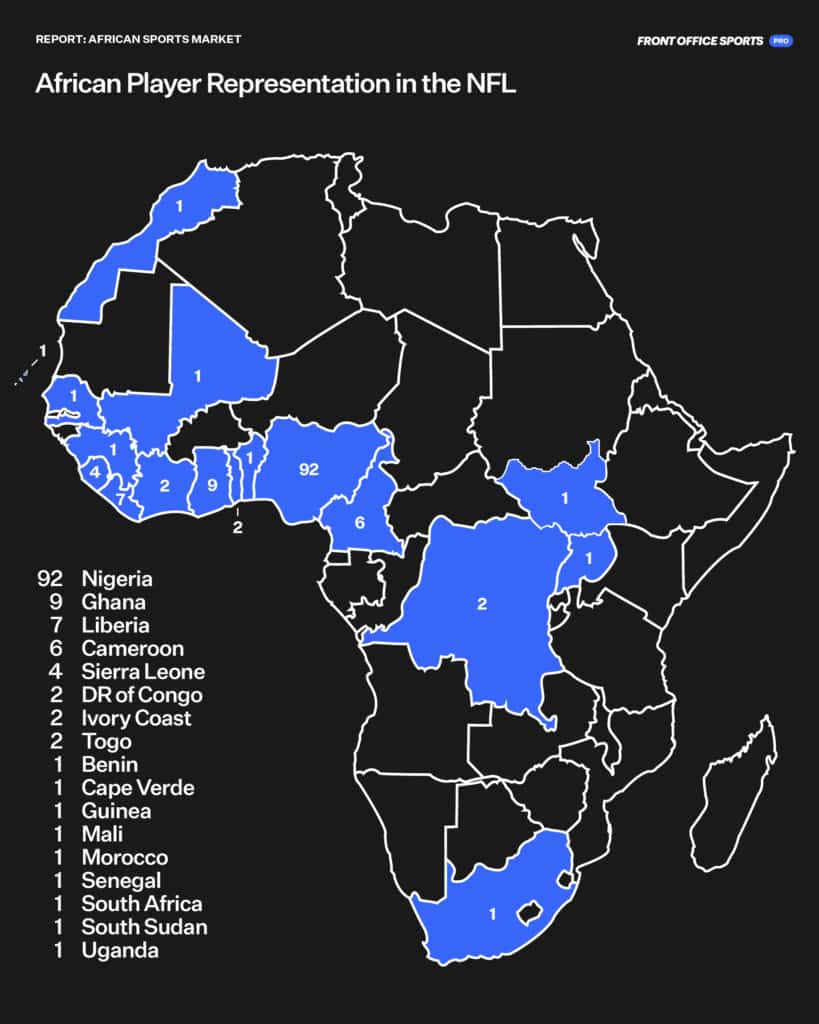
As long as the continent delivers more talent, professional teams and leagues will keep investing people and resources into scouting the best African athletes. But it’s not all about the skills.
An Enticing Demographic
Africa offers unique macro and demographic characteristics that distinguish it from other markets.
- According to the United Nations, Africa has the youngest population in the world — about 70% of the population is under 30 years old.
- The median age is 18, relatively young compared to Asia (~32) and North America (~38.6).
Such a high number of young people provides an opportunity for brands to create long-lasting relationships with the youth early on at scale — from a business and marketing perspective, increasing its Lifetime Value (LTV).
- With 1.4 billion people, Africa is the second-largest continent by population, only behind Asia.
- Estimates by the WEF suggest that one in every five people (~20%) on earth will be African by 2030.
- By 2050, Africa’s combined economy is projected to be worth more than the European Union.
Africa is also one of the fastest-growing markets in mobile adoption, and cheaper technology is quickly facilitating internet access in this massive market.
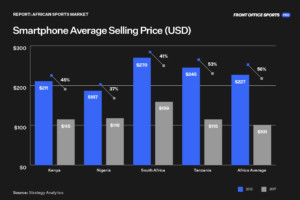
The opportunity to use sports to establish closer relationships with an audience that is young, connected, and projected to grow sharply is enticing enough.
But given that Africa has yet to achieve the commercial maturity of sports markets like the U.S. or Europe — the African sports market can still be considered undervalued and affordable.
For diverse reasons ranging from mismanagement to corruption, African professional sports leagues have yet to achieve a global breakthrough — but that could be changing.
The Bright Side
The South African Football Association (SAFA) successfully hosted the men’s World Cup in South Africa in 2010 and is now bidding for the women’s edition in 2027.
Rwanda and Senegal committed to developing solid infrastructure and invested heavily in building the Kigali Arena — a $104 million stadium, the most expensive one built in Africa yet, for the Basketball Africa League (BAL) — and the 15,000-seat Dakar Arena.
Macky Sall, President of Senegal, said, “Dakar arena is a response to the promise I made to our national women’s basketball team in the wake of her victory as an African champion,” and he added, “I hope to provide the country with the best infrastructure in the sports sector.”
The Confederation of African Football (CAF) recently launched the African Super League with FIFA — a prestigious tournament in the region — to attract more commercial partners and continue developing the quality of the sport and entertainment in Africa.
Patrice Motsepe, President of the CAF, said, “This is one of the most exciting projects in the history of African football and will significantly contribute to the development and growth of the quality and competitiveness of football in Africa.”
“We want to ensure that football on the African continent is managed and operated at the same professional, ethical, and governance level as UEFA, CONMEBOL, CONCACAF, and other Confederations,” he added.
The Takeaway
Incoming technology, expertise, and foreign investment — similar to the NBA through BAL or even from private equity, like CVC acquiring a stake in SA Rugby — can provide the tools needed to get the flywheel going.
Africa is still vulnerable to diverse management and infrastructure challenges. Overcoming those will require efforts from all stakeholders — teams, leagues, federations, and even the government. It’s a mission worth pursuing because of its potential.
